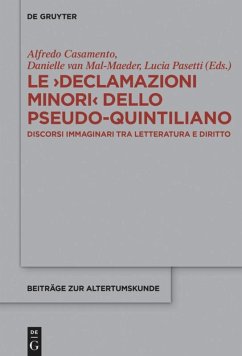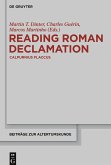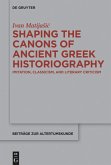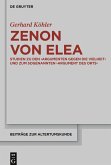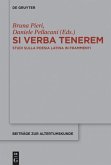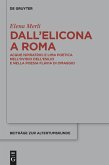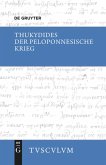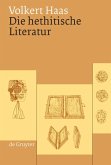In recent years interest has grown for the study of ancient declamation (both Greek and Latin), and not only amongst classical scholars, but also in legal, literary and anthropological studies. It is now widely believed, in fact, that these texts, traditionally outside the traditional canon, can provide an interesting perspective to reinterpret the literature of the Imperial Age and to get a deeper understanding of the Roman legal mind and of ancient imagery in general. This collection of essays seeks to address the Declamationes Minores from different points of view. Not only does it analyse the specific features of the text as a schoolbook, but it also tries to highlight the contiguity of fictitious speeches with the literary tradition and the legal and philosophical culture of the time. The volume is a useful tool to explore little-known texts, which nevertheless constitute an effective access point to the imagery of the Imperial Age.
"Ces savantes recherches, qui offrent un renouveau incontestable dans l'étude des DM, sont suivies d'une riche bibliographie (p. 215-230), puis d'un index de notions et de noms propres (anciens et modernes) et enfin d'un index des passages cités. Ce volumecollectif de qualité favorise l'approfondissement d'un corpus dense et disparate de 'discours imaginaires' qui circulent dans les écoles de rhétorique durant le Haut Empire et reflètent bien les enjeux idéologiques et culturels de l'époque."
Sophia Georgacoloulou in: Bryn Mawr Classical Review 2018.03.47
Sophia Georgacoloulou in: Bryn Mawr Classical Review 2018.03.47

